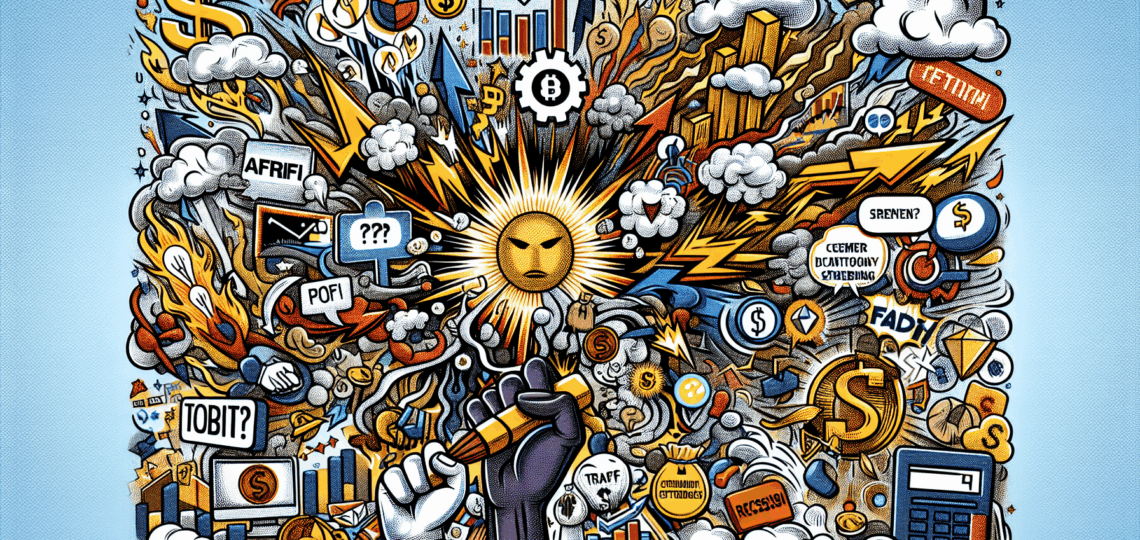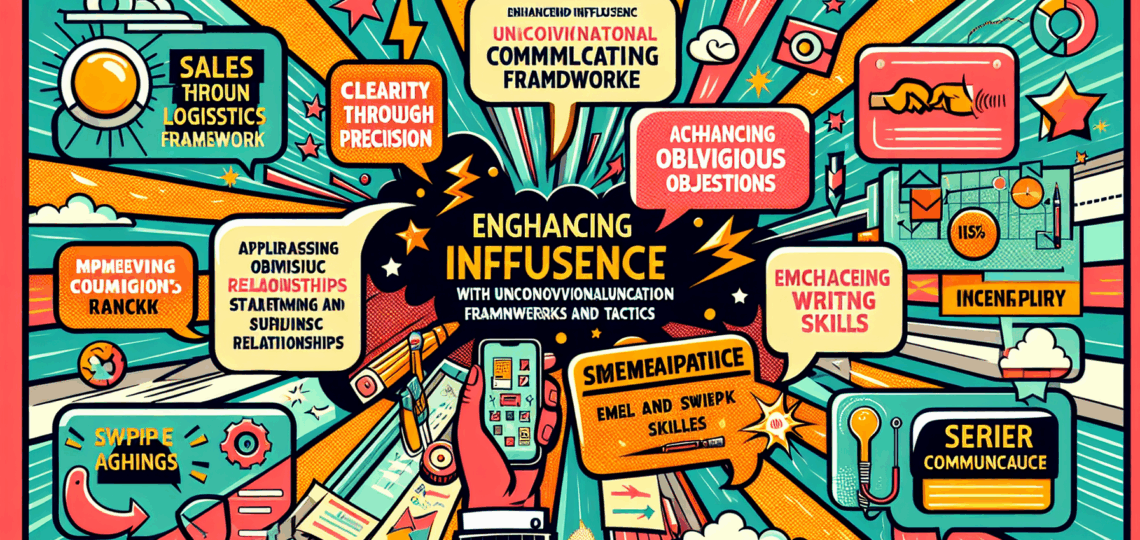The technology landscape is shifting rapidly as we head into late February 2026. From open-source milestones to new infrastructure records, here is your global tech briefing. OpenClaw Framework Surges Past 200,000 GitHub Stars The open-source AI agent framework OpenClaw has reached a historic milestone, surpassing 200,000 stars on GitHub. Creator Peter Steinberger, now leading personal…
The cultural landscape is shifting today with major announcements from Hollywood and the international arts scene. Here are the top entertainment stories for February 22, 2026. Dune: Messiah Officially in Active Development Director Denis Villeneuve and star Timothée Chalamet have confirmed that Dune: Messiah is now in active development. This final chapter of the trilogy…
The tech world is buzzing today with developments in AI security and the evolving relationship between software communities and digital assets. Here are the top stories shaping the conversation on February 22, 2026. OpenClaw Framework Enforces Total Crypto Ban Peter Steinberger, the developer behind the viral OpenClaw framework, has implemented a strict ban on any…
In a bold defiance of judicial constraints, US President Donald Trump has announced a hike in global tariffs to 15%. This decision comes just one day after the Supreme Court struck down his previous import taxes as an overreach of executive power. While the court ruled that the 1977 International Emergency Economic Powers Act (IEEPA)…
Today marks a significant milestone at the intersection of AI and Web3. Sam Altman’s OpenAI has officially unveiled ‘EVMbench’, a specialized benchmark designed to test whether AI models can reliably audit Ethereum Virtual Machine (EVM) smart contracts. As DeFi exploits become more sophisticated, this tool aims to provide a standardized security layer for the entire…
Curated briefing for February 22, 2026. Includes English and Chinese translations. 🤖 AI & Tech / 人工智慧與科技 OpenAI EVMbench: OpenAI has unveiled a new benchmark to test if AI can reliably audit smart contracts. OpenAI 推出了新的基準測試,用於測試 AI 是否能可靠地審計智慧合約。 Specialized Security Models: New AI models now detect 92% of DeFi exploits. 新型 AI 模型現在可檢測到 92% 的…
The article from Fast Company discusses how creators have become a priority in boardrooms globally. This shift is driven by a cultural transformation where creators are now seen as essential voices in shaping brand strategy, consumer behavior, and cultural trends. Unlike influencers, creators focus on producing original content and are strategic partners in business, driving…
**Summary:** On April 7, 2025, U.S. crypto-related stocks declined sharply as Bitcoin dropped to its lowest level of the year, falling 5.5% intraday before settling 2.1% lower amid escalating global trade tensions and risk-off sentiment. The sell-off mirrored broader market weakness driven by tariff announcements and institutional investors treating Bitcoin similarly to tech stocks, reflecting…
Fintech companies are experiencing significant market pressure following the U.S. government’s introduction of new tariffs on April 2, 2025, which imposed a 10% baseline tariff on goods from multiple economies. This move has led to a sharp decline in fintech stock prices, notably affecting firms like Affirm, Robinhood, and SoFi, whose shares dropped by over…
The content from the URL presents a comprehensive set of practical frameworks and tactics designed to help individuals become better communicators, particularly in professional settings. It emphasizes communication as a critical career skill and introduces several key strategies, including the “sales, then logistics” framework, which advises explaining why something matters before addressing how to execute…



